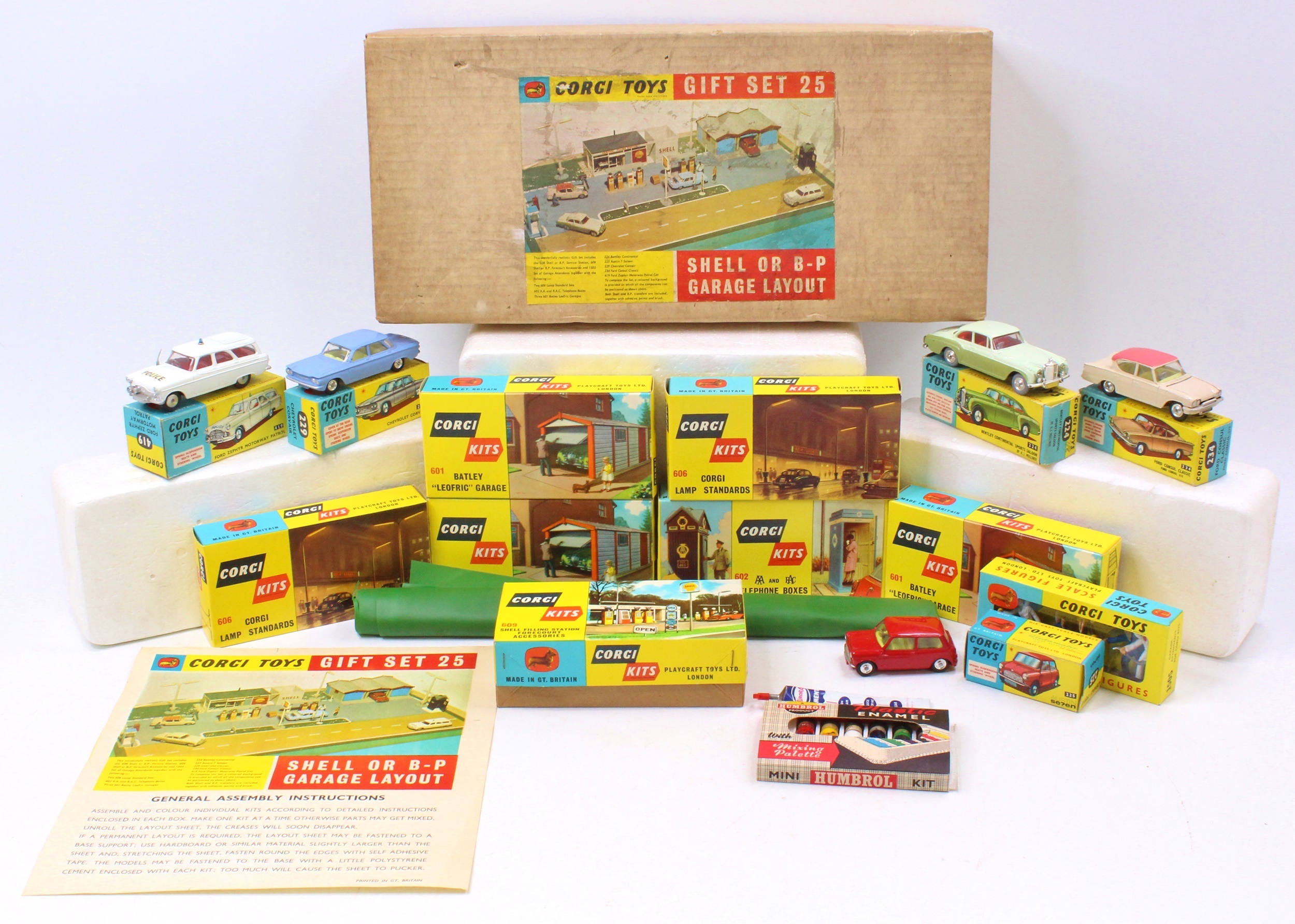The North Briton Scandal
21/02/2017 Books
Lot 1022 in our 11th March Fine Art sale is a detailed account of expenses relating to an episode in British history which involved freedom of the press, unpopular government actions and disharmony between European neighbours. Sound familiar?
The North Briton was a radical newspaper launched in June 1762 and then weekly until the resignation of the Bute government in April 1763. Although written anonymously,it is closely associated with radical journalist and politician John Wilkes, who was highly critical of the government led by Prime Minister Lord Bute - a Scottish nobleman and favourite of King George III. Wilkes called his paper The North Briton, in response to The Briton, a pro-government paper started by Tobias Smollett and in mocking reference to Bute and his entourage of salaried Scots.
Issue No. 45 (23rd April 1763) is the most famous edition of the paper. It criticized a royal speech in which King George III praised the Treaty of Paris ending the Seven Years' War. However, the treaty was highly unpopular as it was considered to be too lenient towards the French. Wilkes stated "Every friend of his country must lament that a prince of so many great and amiable qualities…can be brought to give the sanction of his sacred name to the most odious measures…". It was a happy coincidence for Wilkes that the number 45 also referenced the recent Jacobite rebellion of 1745 commonly known as "The '45", and popular perception associated Bute (Scottish and therefore politically controversial as an adviser to the King) with Jacobitism.
The King felt personally insulted and ordered the issuing of general warrants for the arrest of Wilkes and the publishers for seditious libel. Wilkes lived a few doors away from the Home Secretary, the 4th Earl of Halifax, and the day of the arrest was spent in comical comings and goings between the two houses with Wilkes declining to be arrested until the arresting officers threatened to summon the militia. Wilkes then hired a sedan chair to be carried less than 100 yards to Halifax's house where he proceeded to compliment the paintings and décor, and refused to be intimidated. Eventually, they took him off to the Tower of London. In all forty-nine people were arrested, but Wilkes gained considerable popular support as he asserted the unconstitutionality of their arrest. He began his courtroom speeches with the cry "Wilkes and Liberty!", eventually won the case and, for good measure, sued his arresters for trespass.
John Wilkes (1725-1797) - politician, radical journalist, member of the Hellfire Club and outlaw.
Wilkes radical behaviour did not end with the North Briton scandal. The following year he fled to France and was declared an outlaw after the House of Lords moved to dispel him for his moral behaviour, blasphemy and libel. He had privately published an extremely lewd poem about the courtesan Fanny Murray (who was also the mistress of his enemy the 4th Earl of Sandwich), which was read out in the House of Lords (apparently causing one member to nearly faint). He returned to England in 1768 and was imprisoned, causing his supporters to appear before the King's Bench chanting "No liberty, no King." Troops opened fire on the unarmed men, killing seven and wounding 15, an incident that came to be known as the St George's Fields Massacre.
Released from prison in 1770, Wilkes stood for election again and was made Lord Mayor of London in 1774. He worked in his final years as a magistrate campaigning for more moderate punishment for disobedient household servants, before dying at home in 1797.
Philip Carteret Webb (1702-1770) was a barrister and involved with the 18th century antiquarian movement.
He became a member of the London Society of Antiquaries in 1747, and as its lawyer was responsible for securing the incorporation of the Society in 1751. Webb was also as an agent of the crown in the North Briton scandal of 1763, assisting in the seizure of the papers of radical journalist John Wilkes, whose inflammatory writings had offended the King. For his acts Webb was dubbed by Horace Walpole 'a most villainous tool and agent in any iniquity,' 'that dirty wretch,' and 'a sorry knave.' Webb was later unsuccessfully tried for perjury while defending the seizure of Wilkes papers and charged with bribery using public money in 1769. He privately and anonymously published many reports to do with his time on the King's Bench.
As an antiquary he bought one-third of a collection of manuscripts of Julius Cæsar when they were dispersed by auction in 1757. These, amongst other manuscripts in his collection, later went to the British Museum.
Lot 1022 - WEBB Philip Carteret (1702-1770), Barrister, a very detailed seven page account of Webb's expenses in what became known as the North Briton Scandal (1763),involving the seizure of the papers of John Wilkes, the radical journalist, the account is signed by Lord Ashley for payment of £168 13s 4d (1); with a signed covering letter in Webb's hand. Estimate - £150-250
NB scandalNB scandal 1
This is one from a large collection of historical and political documents in the auction including letters, court warrants, political pamphlets, ships prize money accounts etc, from the 17th through to the 19th century.
Full catalogue online now


